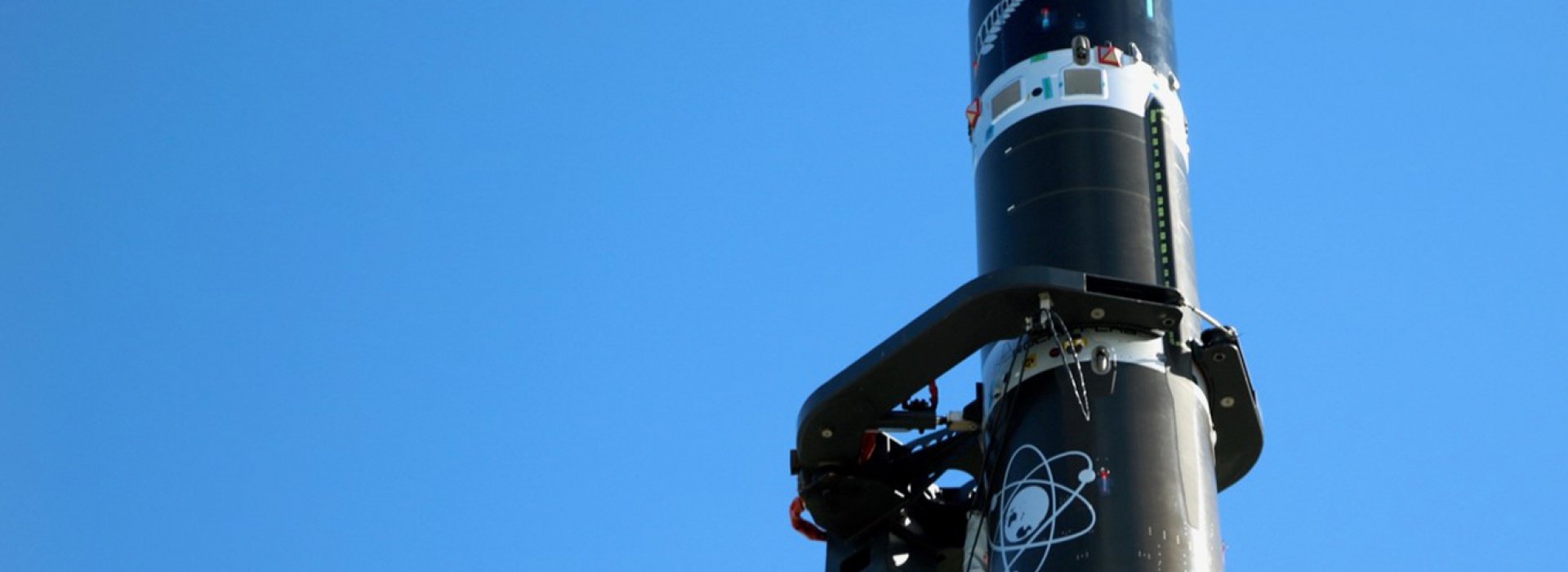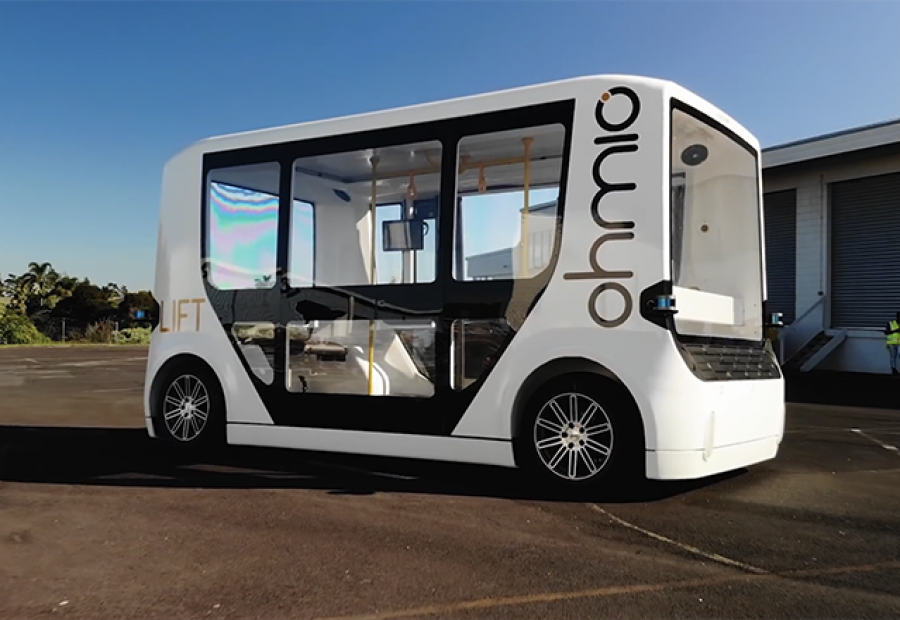New Zealand’s first and only commercial aerospace company Rocket Lab is on a mission to “democratise space” and bring the world to our shores to launch to outer space.
Until now, space has been the domain of giants like NASA or billionaires with planet-sized pockets.
That all changed on January 21st this year when Rocket Lab’s second Electron orbital launch vehicle, Still Testing, blasted off from the Mahia Peninsula near Gisborne from the world’s first and only private orbital launch facility, successfully reached orbit and deployed customer payloads.
“This marks the beginning of a new era in commercial access to space. We’re thrilled to reach this milestone so quickly after our first test launch,” says Rocket Lab CEO and founder Peter Beck. “Our incredibly dedicated and talented team have worked tirelessly to develop, build and launch Electron. I’m immensely proud of what they have achieved.”
“Our team achieved something that most thought was impossible. We designed and built every element of Electron in under four years.”
While that may seem a short amount of time to achieve such a feat, it was actually the culmination of a lifetime’s work and collaboration from Beck, who honed his engineering skills first as a teenager in Invercargill and later during a toolmaking apprenticeship at Fisher & Paykel.
He was encouraged to test his rockets afterhours at Auckland’s Industrial Research Ltd – now Callaghan Innovation – and received financial backing from the New Zealand Government and wealthy individuals like Sir Stephen Tindall.
Beck has since attracted a 170-strong team from around the world to Rocket Lab’s New Zealand base, with a growing team in Los Angeles working closely with the New Zealand team. Rocket Lab has raised hundreds of millions in international investment through some of the world’s smartest investors including Bessemer Venture Partners, Khosla Ventures, Data Collective (DCVC) and Lockheed Martin –establishing a billion-dollar in the process.
Beck’s vision to “democratise space” by slashing the cost of launches tenfold already has major customers like NASA lining up to take off from their launchpad, as are smaller international satellite firms such as Spire and Planet.
Once commercialised, Rocket Lab expects to be launching Electron up to 50 times a year. Compare that to the mere 22 launches that took place in the US last year and the 82 other launches that happened internationally.
“We started with a blank sheet of paper and thought ‘what would it take to be able to launch every week for under five million dollars’. That’s an audacious concept in the aerospace industry, when you consider the average cost of a launch vehicle is about 180 million dollars,” says Beck.
“Now, with the technology in our grasp, we’re on the tipping point of space being a commercially dominated, rather than government dominated, domain.”
Beck says his team combined ingenuity and sheer grit to create the unique, patented carbon-fibre rocket Electron, which is powered by an entirely new type of engine (aptly named ‘Rutherford’, after the world-famous New Zealand physicist), which has its primary parts 3-D printed.
“In time, we’re looking to 3-D print one new rocket engine every 24 hours,” he says, while acknowledging this is still some way off.
“In truth, there are a million things to get done before you can launch a rocket, from developing the pioneering technology itself through months of planning and flight simulations, to the 25,000 channels of data that require analysis after each test.”
Clearly, rocket science is not for the fainthearted.
“Beyond the Rocket Lab team, we’ve had great support from the New Zealand Government and other organisations to make this possible,” says Beck.
Through his hard work and influence, Beck worked with regulators to adapt laws in New Zealand to allow a space industry to grow here. He played an instrumental role in establishing international treaties and legislation with relevant New Zealand and American agencies, further paving the way for the birth of the New Zealand space industry.
What’s more, he has partnered with an indigenous Māori organisation Tawapata South Incorporation to lease the launch site itself, on Onenui Station on the Mahia Peninsula. Tawapata South is paid a launch fee as part of this values-based partnership that will see both organisations grow together.
So, with two major test launches completed and logged, it's clear that Rocket Lab will continue disrupting the aerospace industry and launch the world from New Zealand.
As Beck often says, “space is now open for business”.






